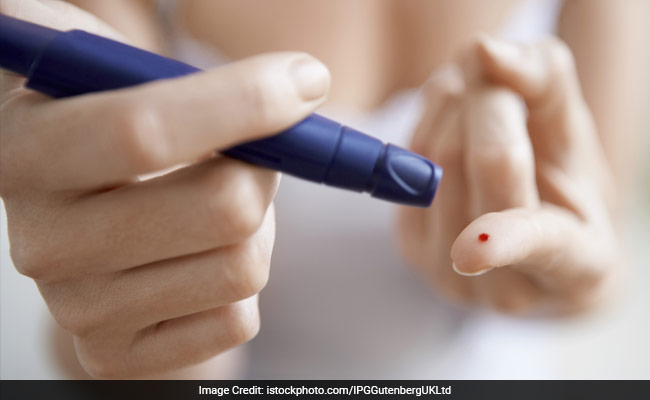
Diabetes is a growing concern in the modern world, having affected millions of people. Other than one's lifestyle habits which lead to its cause, genes also play a crucial role. To study how the expression of the genes could be controlled, researchers from University of Gothenburg in Sweden zeroed in on a network of 50 genes that cause symptoms associated with type 2 diabetes. They carried out various tests, both computational and experimental research.
While studying the effects of the compound sulforaphane, they found that it could reduce the expression of those genes to slow down or potentially reverse the disease.
The study was published in the journal Science Translational Medicine, where it stated, "The authors showed that sulforaphane inhibits glucose production in cultured cells and improves glucose tolerance in rodents on high-fat or high-fructose diets. Moreover, in a clinical trial, sulforaphane-containing broccoli sprout extract was well tolerated and improved fasting glucose in human patients with obesity and dysregulated type 2 diabetes."

Glucose control for diabetes
There are various drugs for treating diabetes that are available in the market, but not all patients can be successfully treated with existing drugs, and a lot of them come with side effects. Majority of patients with Type 2 diabetes are also obese, with excess fat deposition in the liver cells, which results in insulin insensitivity, making it difficult for the organ to help regulate blood sugar levels. Finding effective drugs for diabetes is a huge challenge too because a network of genes are involved.
So in order to discover new anti-diabetic compounds or drug signatures, the scientists interrogated a library of 3800 drug signatures, wherein they found sulforaphane as a potential compound that may reverse the disease signature.
"Sulforaphane suppressed glucose production from hepatic cells by nuclear translocation of nuclear factor erythroid 2-related factor 2 (NRF2) and decreased expression of key enzymes in gluconeogenesis," reported the study. The tests were conducted on rodents, where they first tested the compound in cells growing in lab dishes, and found that it inhibited glucose production. Next, they tested it in rodents, and found that it improved glucose tolerance in animals on a high-fat or high-fructose diet. Finally, sulforaphane was provided as concentrated broccoli sprout extract to 97 obese patients with type 2 diabetes during a 12-week randomised placebo-controlled trial. The results showed that it significantly reduced fasting blood glucose and glycated hemoglobin (HbA1c).

